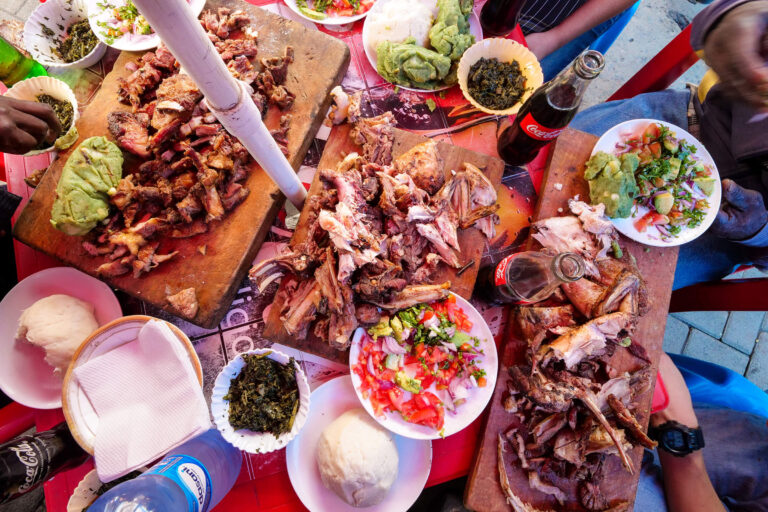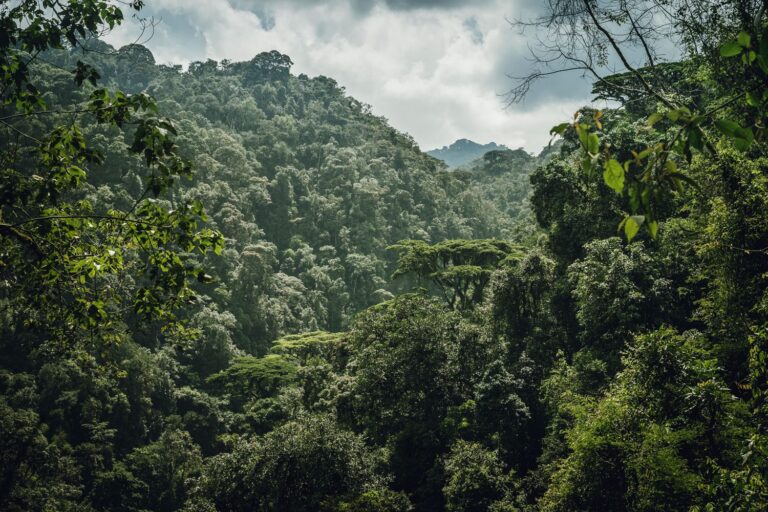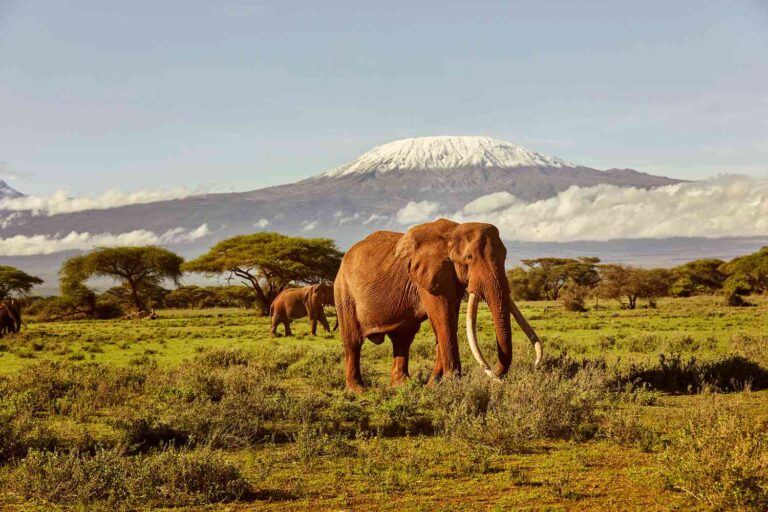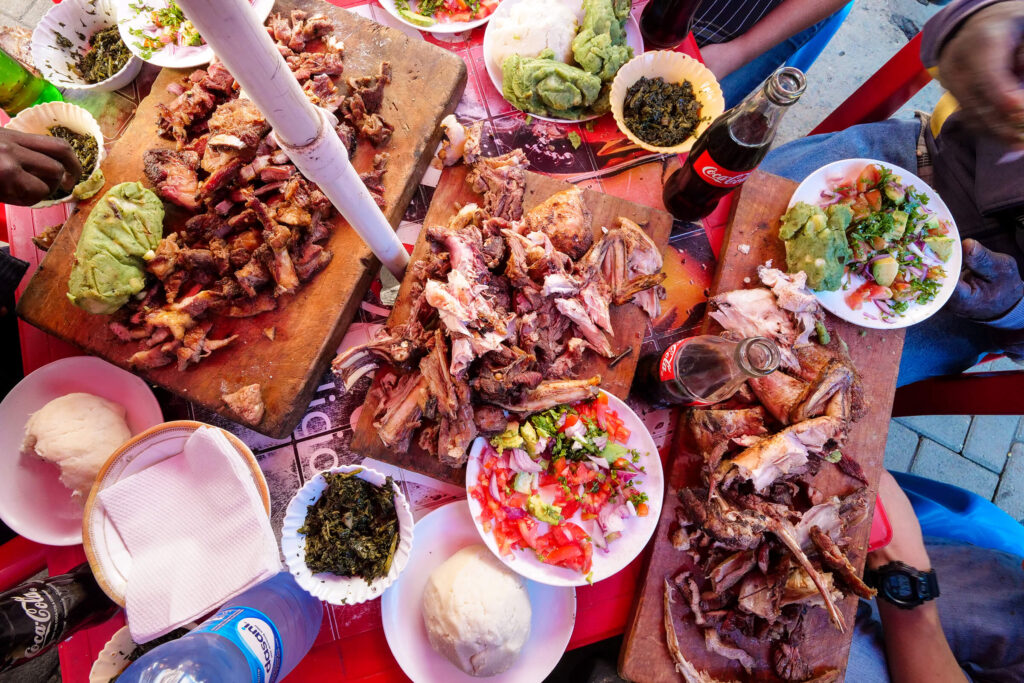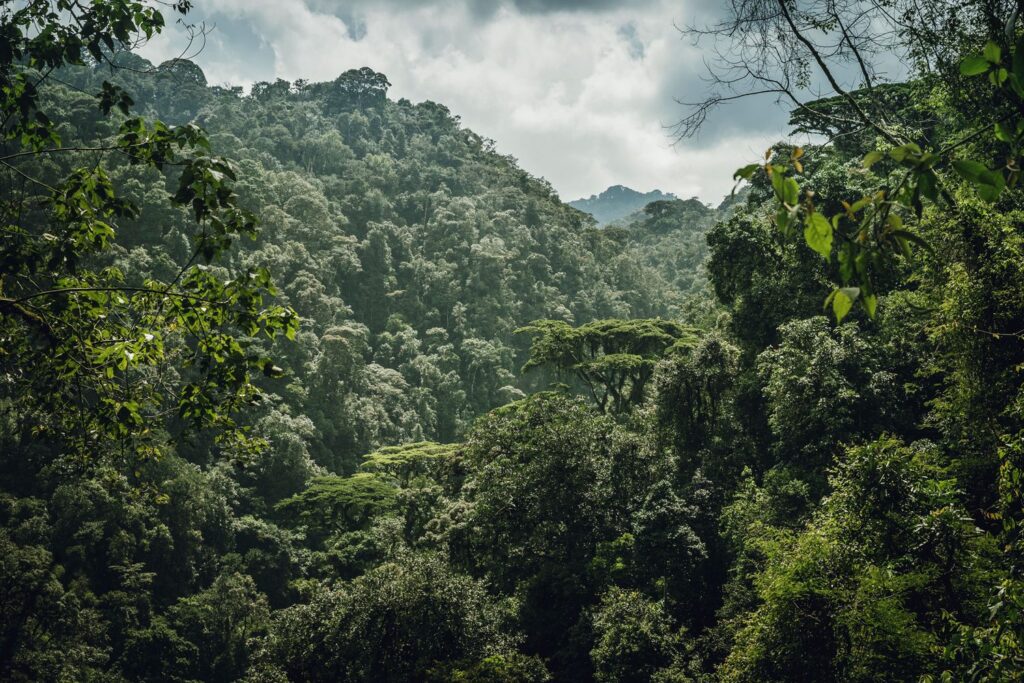By Saasi Richard, Founder of Go Amazing Africa
Why a Family Safari is More Than Just a Vacation. Most parents think of Africa as a checklist destination—see the Big Five, snap some photos, return home. But when you bring your children here, something extraordinary happens. Africa doesn’t just show them wildlife. It teaches them about life.
In a world where kids measure happiness by Wi-Fi speed and the latest PlayStation, Africa strips all that away. Here, they’ll see joy in its purest form—children laughing with handmade toys, families thriving without materialism, and wild animals living freely in a way no zoo can replicate. This isn’t just a trip. It’s a masterclass in gratitude, resilience, and what it truly means to be alive.
Part 1: The Practical Guide – Planning a Safe, Kid-Friendly Safari
- Choosing the Right Destination
Not all African countries are equal for family travel. Here’s where to go (and avoid):
Best for First-Timers:
South Africa (Malaria-free reserves like Madikwe, child-friendly Cape Town).
Rwanda (Safe, clean, and easy logistics for gorilla trekking with teens). Kenya (Lots of family lodges with pools & short game drives).
For Adventurous Families: Botswana (Mobile safaris where kids learn bush skills). Tanzania (Ngorongoro Crater = wildlife galore without long drives). Avoid: Remote areas with high malaria risk (e.g., Congo, Zambia’s valley regions) for young kids.
- Age Matters – How Old Should Your Kids Be? 5-8 years: Stick to private game reserves with short drives (2-3 hours max). 9-12 years: Perfect for walking safaris and cultural visits. 13+ years: Can handle gorilla trekking, longer expeditions.
Pro Tip: Many luxury lodges have minimum age limits (often 6+). Always ask.
- Health & Safety – Non-Negotiables
Malaria meds: Start prophylaxis early (some cause vivid dreams—prepare your kids).
Vaccinations: Yellow fever, typhoid, Hep A. Car seats? Most safari vehicles don’t have them. If safety is a priority, book lodges with private transfers. Emergency plans: Ensure your tour operator has satellite phones and nearest hospital details.
Part 2: The Life Lessons – What Your Kids Will Learn (That School Can’t Teach)
- “Why Are Those Kids So Happy Without iPads?” – The Gift of Perspective
In Maasai villages, children play with tires tied to sticks and grin wider than any kid in a shopping mall. Your children will notice.
Activity: Arrange a visit to a school or village. Let your kids bring pencils or books to share (not candy or money).
Lesson: Joy isn’t bought. It’s created.
- “Mom, That Lion Doesn’t Care About Us” – Humility in the Wild
When a 500-pound lion walks past your jeep, ignoring you completely, kids realize:
Humans aren’t the center of the universe.
Nature operates on its own rules—no instant gratification here.
Contrast: Back home, they demand Alexa play their favorite song now. In Africa? They wait silently for elephants to cross the road.
- “They Walk How Far for Water?” – Gratitude for Privilege
In rural Africa, kids as young as 5 walk miles daily to fetch water. Your child will stare at their half-drunk Evian bottle differently after seeing this.
Conversation Starter: “What’s one thing you take for granted that others work hard for?”
Part 3: Wildlife Encounters That Shape Character
- The Elephant Lesson: Family Comes First
Elephant herds are tight-knit families. Calves are protected by aunts, sisters, and grandmothers. Kids observe:
Loyalty matters.
Elders deserve respect.
Compare: A teen who rolls their eyes at Grandma might rethink after watching a matriarch guide her herd to safety.
- The Cheetah’s Struggle: Resilience Wins
Cheetah moms raise cubs alone, battling lions, hyenas, and starvation. When your child sees a skinny cheetah sprinting for a meal, they learn:
Life isn’t always fair. Hard work = survival. Contrast: The “I deserve an A for effort” mentality at home vs. nature’s “no participation trophies” rule. The Gorilla’s Gaze: Connection Without Words. Gorilla treks leave kids speechless. When a silverback locks eyes with them, they feel a primal connection no smartphone can replicate.
Parent Prompt: “What do you think he’s thinking? How does it feel to be so close to something so wild?”
Part 4: How to Make It Stick – Bringing Africa Home
Debrief Daily. At bedtime, ask: “What surprised you today?”. “What’s something you saw that you wish your friends could understand?”
Start a Tradition
Buy a handmade bracelet from a local kid. Wear it as a reminder. Frame a family photo with a Maasai warrior—hang it where they see it daily. Keep Giving Back. Sponsor a child’s education via a reputable org (e.g., African Wildlife Foundation). Volunteer at a local wildlife rehab center back home.
Final Thought: This Isn’t Just a Trip. It’s an Inheritance. You’re not just giving your children memories. You’re giving them a new lens to see the world—one where happiness isn’t linked to stuff, where patience is rewarded, and where nature’s rules trump human entitlement.
Years from now, they won’t remember the time they got the newest iPhone. They’ll remember the moment a wild elephant looked into their soul… and they felt it.
The greatest legacy you can give your children is not wealth, but wisdom. And Africa is the best teacher.

